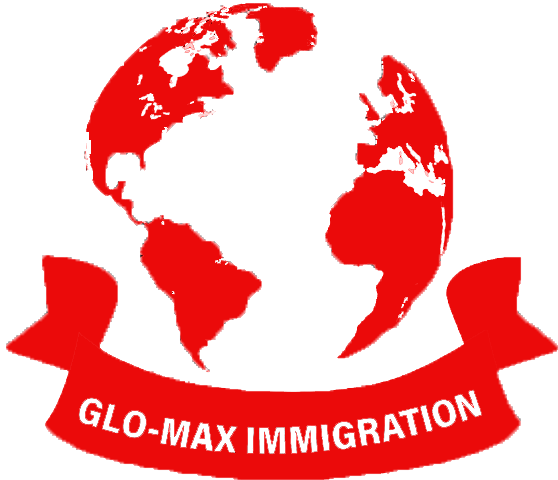Skilled Trades currently eligible for the Federal Skilled Trades Program are organized under these major and minor groups of the NOC:
- Major Group 72, industrial, electrical and construction trades,
- Major Group 73, maintenance and equipment operation trades,
- Major Group 82, supervisors and technical jobs in natural resources, agriculture, and related production,
- Major Group 92, processing, manufacturing and utility supervisors and central control operators,
- Minor Group 632, chefs and cooks, and
- Minor Group 633, butchers and bakers.
These major NOC groups are subdivided into different occupations. (All are NOC skill type B.)
You must show that you did the duties set out in the lead statement of the occupational description in the NOC, including all the essential duties and most of the main duties listed.
If you do not show that your experience meets the description in the NOC, we will not accept your application.
Federal Skilled Trades Program applications must be made based on the 2016 version of the NOC. However, if the application includes a Labour Market Impact Assessment (previously Labour Market Opinion or LMO) from Employment and Social Development Canada based on the 2011 version of the NOC, It will be accepted as long as your occupation corresponds to a 2016 NOC code that is eligible for the program.
